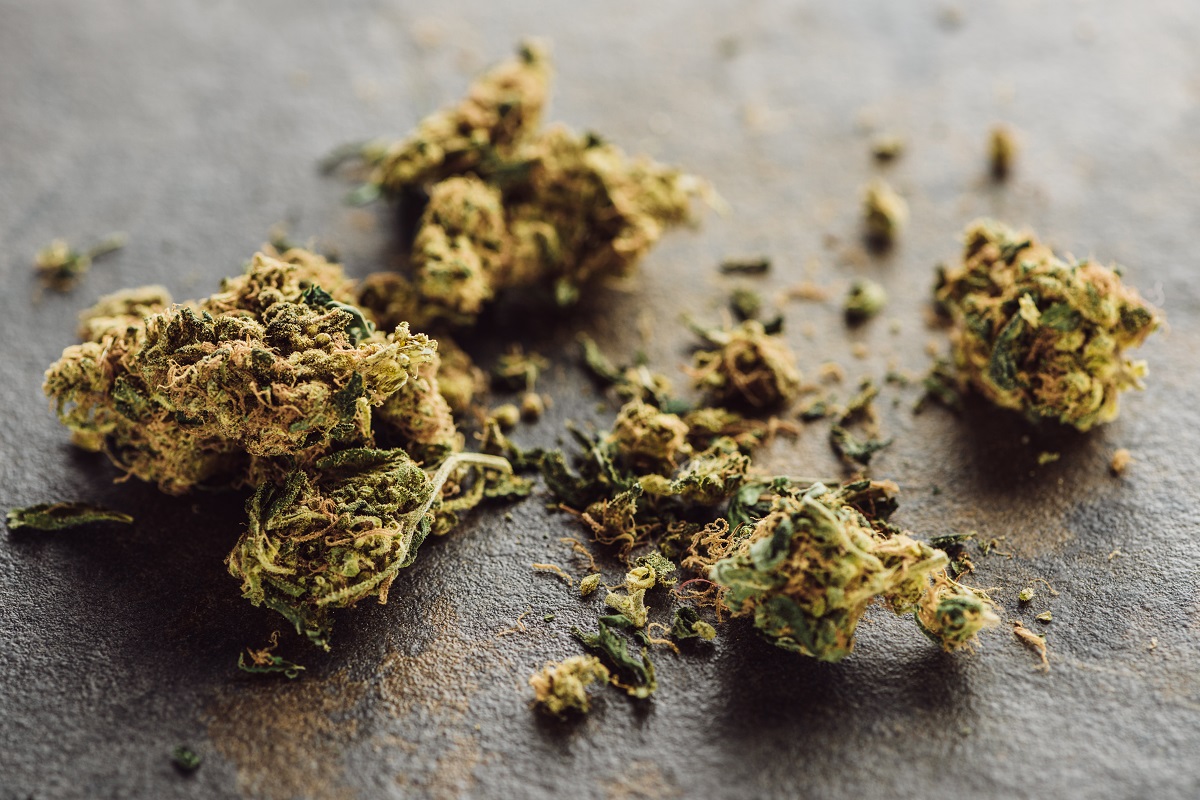
Medical Marijuana’s anti-inflammatory effects make the drug a powerful medicine for countless medical conditions, including chronic pain, Crohn’s disease, arthritis and more. Most people associate these anti-inflammatory effects with THC, which is also well known as a highly psychoactive component of cannabis. But scientists have discovered another anti-inflammatory compound in marijuana that does not get you high: beta-caryophyllene, or (E)-BCP.
THC is an effective anti-inflammatory, but it causes psychotropic effects because it targets the body’s CB-1 receptor, which is found in the brain and central nervous system. (E)-BCP on the other hand, targets the CB-2 receptor, which found in tissues throughout the body but not in the brain, and triggers biochemical reactions in the body that can help combat inflammation.
(E)-BCP is a natural and powerful anti-inflammatory component that is also found in food items like black pepper, oregano, basil, lime, cinnamon, carrots, and celery. And unlike THC, this cannabnoid does not affect the brain, meaning it will not produce psychotropic effects. Essential oils from cannabis plants contain up to 35% (E)-BCP.
Researchers say (E)-BCP could be an effective treatment for pain, arthritis, cirrhosis, nausea, osteoarthritis, atherosclerosis and other ailments without getting patients high. What’s more, a medicine developed from (E)-BCP would not have the same side effects as many of the medicines currently used to treat these conditions. Existing drugs can be less effective for some people and can carry side effects, from stomach ulcers to increased risk of heart attacks.
No Information on MarijuanaDoctors.Com should be used to diagnose, treat, prevent or cure any disease or condition. You can view our Full Disclaimer here.